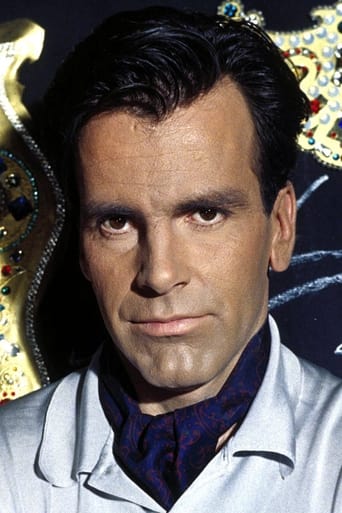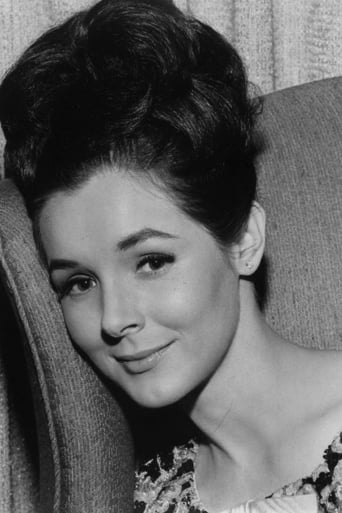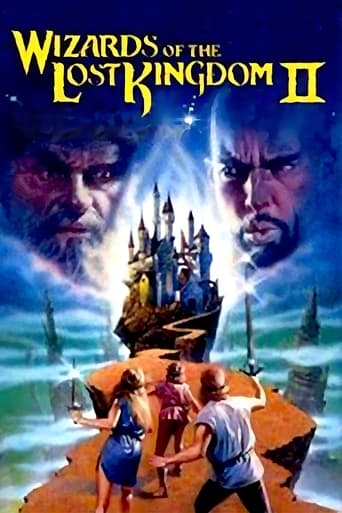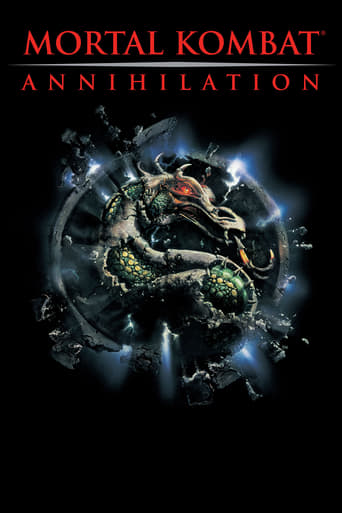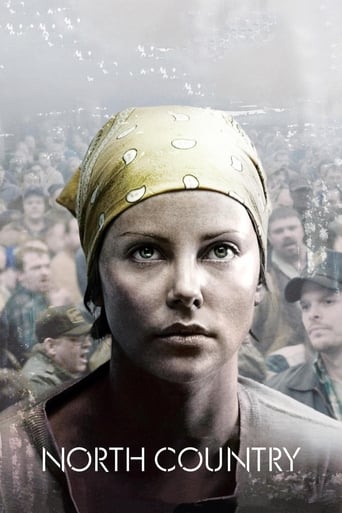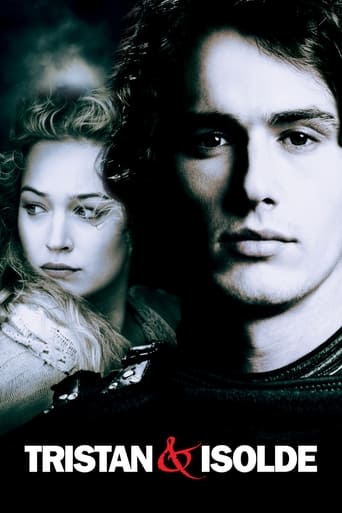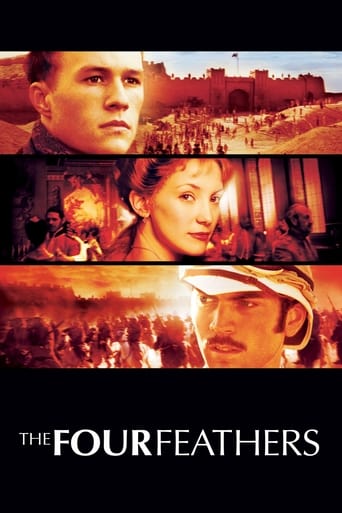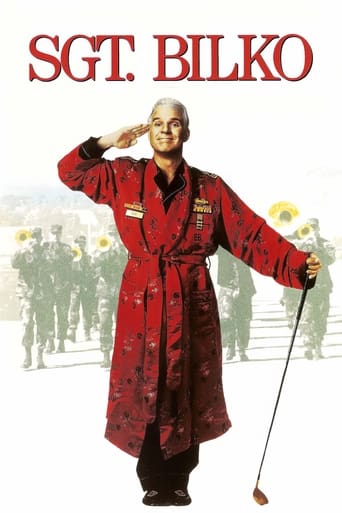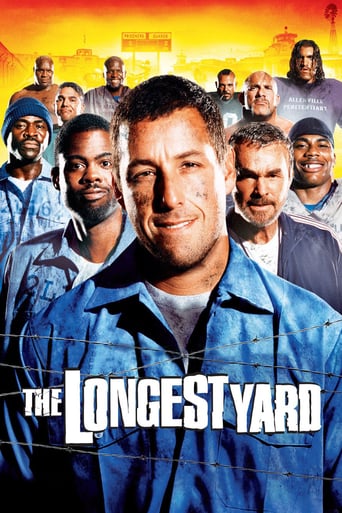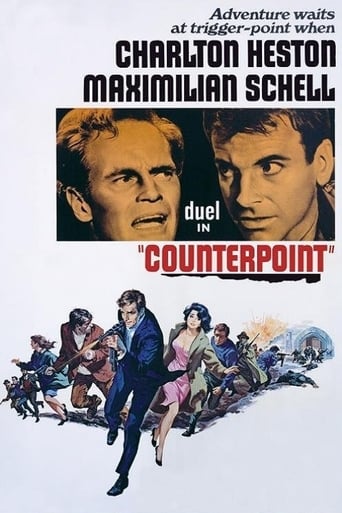
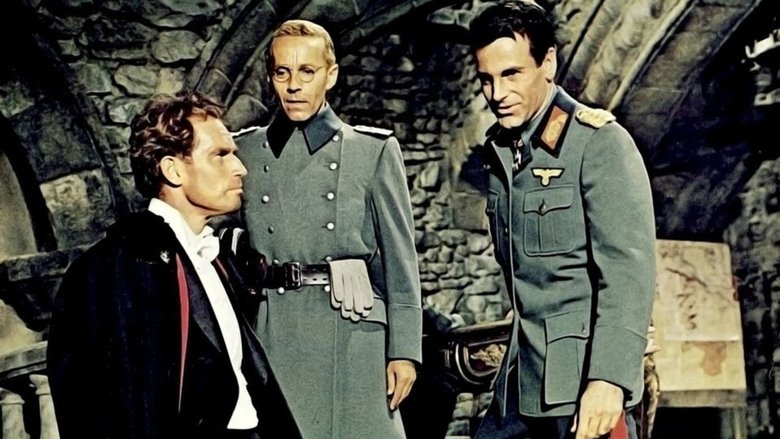
Counterpoint (1967)
In December of 1944, Lionel Evans, an internationally renowned American conductor, is on a USO tour with his 70-piece symphony orchestra in newly-liberated Belgium. While fleeing from a German counterattack, Evans and his orchestra members are captured by a Panzer division and taken to an old chateau in Luxembourg. Despite orders to execute every prisoner, General Schiller, an avid music lover, commands Evans to give a private concert for him.
Watch Trailer
Cast
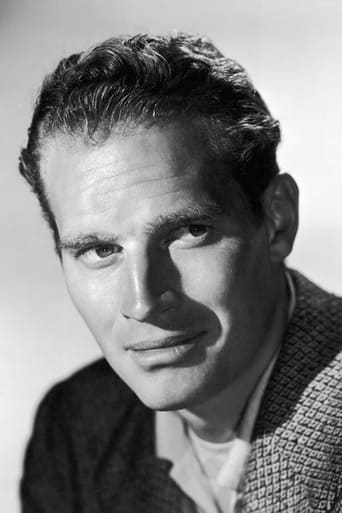
Similar titles
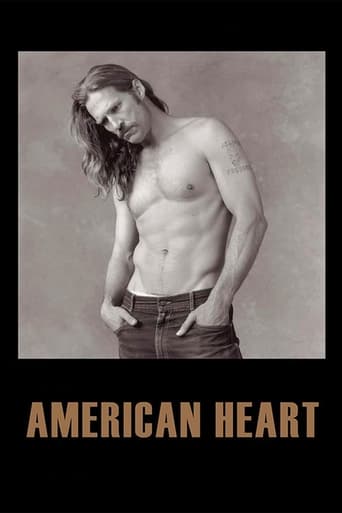
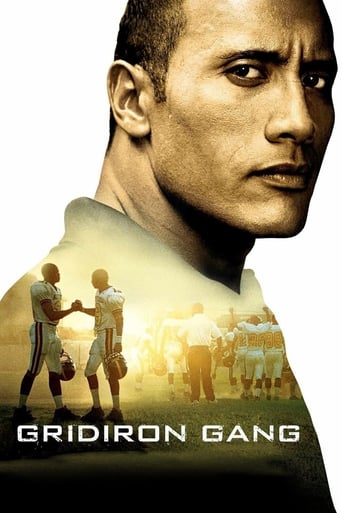
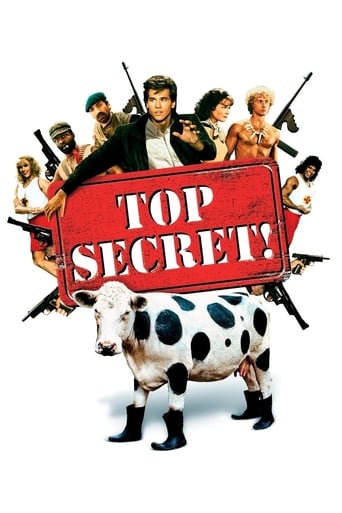
Reviews
As Good As It Gets
The film makes a home in your brain and the only cure is to see it again.
This is one of the few movies I've ever seen where the whole audience broke into spontaneous, loud applause a third of the way in.
I enjoyed watching this film and would recommend other to give it a try , (as I am) but this movie, although enjoyable to watch due to the better than average acting fails to add anything new to its storyline that is all too familiar to these types of movies.
The plot of "Counterpoint" might see ludicrous. However, during WWII, the USO provided entertainment for American troops--both at home and abroad. And, during the Battle of the Bulge, various performers were in Belgium entertaining the troops. In addition, during this surprising German offensive, the Germans frequently murdered their prisoners. All this being taken into account, "Counterpoint" doesn't see so far-fetched.The film begins during an orchestral performance for US Army troops during a break in the war. However, in the midst of this, the Germans attack and the orchestra is soon taken prisoner. The German general in charge (Maximilliam Schell) presents himself as a decent, professional and cultured man. His second in command, the Colonel (Anton Diffring) is essentially a Nazi monster...a man who enjoys murdering prisoners. During much of the film, there is tension between the two, though ultimately the General agrees that AFTER the orchestra performs for him, the Colonel can do what he wants with them. The orchestra leader (Charlton Heston) knows what's in store for them and is trying to find some desperate solution other than to all walk willingly in front of a firing squad! What's next?This is a very unusual war film...extremely unusual. It deserves to be seen just for that reason. However, it is NOT a great films...just a very good one. Much of it is because the film often seems very talky. There is, ultimately, lots of action at the end...but precious little before that. So much so that I am sure the film would bore some viewers.
This is a movie that I really would like to get, having seen it on television while growing up but unfortunately not in quite awhile. What makes this movie stick in my head over the years are some very unique scenes.The orchestra is playing a USO show when the Battle of the Bulge breaks out mid-concert. All is hurly-burly as the musicians are herded onto the bus and evacuated from the town. On the way out, amid explosions and advancing Germans, the bus is routed down a particular road by some 'helpful' MPs. The bus also picks up a couple of 'visitors.' All this sets the stage for a 'battle of wills' between Conductor Heston and the German general later. The music the band plays while practicing for the forced concert, famous orchestra number I could not name for the life of me, makes me think of this movie every time I hear it.Great scene also, during practice, with one of the German officers watching and then questioning one of the 'visitors' mentioned earlier. Very well paced and interesting.
When I first walked into a showing of this movie, I thought I had made a mistake because it reminded me of another movie I had seen as a child (The Journey) because of the element of the bus in the snow trapped behind enemy lines. But it turned out to be refreshingly different.Lionel Evans (Charlton Heston), an internationally acclaimed music conductor touring Europe to entertain allied troops, is captured along with his entire orchestra by a German force commanded by a General Schiller (Maximillian Schell). The name is fitting because just like the towering intellectual, philosopher and lyricist, the general is highly cultured, sensitive and humane. That is not to say, however, that he was not like many Germans of his time in being ultra-nationalistic and therefore, discriminatory of other cultures. This dark aspect of his personality comes to fore when he insists that Evans play Wagnerian music rather than the latter's preference for Beethoven.Under the Nazis, Beethoven was frowned upon because of the widespread belief that he had Gypsy or perhaps even Jewish ancestry. He was said to be somewhat on the swarthy side of complexion. Wagner on the other hand extolled the purity of blood of the Germanic race in operas such as Parsifal with its veneer as an adventure of a Christian knight but is actually a neo-pagan worship of race. This musical bigotry of the Nazis was exploited by the allies as the BBC regularly played Beethoven's Ninth Symphony, with special emphasis on the "Ode to Joy" movement in its broadcasts to occupied Europe and Germany.The atmospherics are great as the scenes are set in what seems to be a manor with its own castle and cavernous chapel where the symphony orchestra plays classical music. Despite their differences, the two men get to like one another and as the allied forces close in on the German forces, Evans acquiesces to play a Wagnerian piece for Schiller. The latter for his part invites him to share a bottle of cognac "which Napoleon left unopened" as they discuss the background and implications of the war. Between the two topics, however, I prefer to dwell on Napoleon's bottle of cognac. How would such a thing taste after well over a hundred years? I know we must be wary of very old wine which could still continue fermenting and thus spoil. But cognac is a distilled liquor and so with its high alcohol content, it could almost last forever under tight seal.I really can't spoil the ending of this movie for you because I don't remember it. But I can make a guess. Schiller lets Evans and his orchestra go while he goes on to face the overwhelmingly superior allied onslaught presumably to his death.
Counterpoint remains one of my favorite movies mainly because of the interesting interplay between Schell's and Heston's characters. It is good movie making to set up a psychological tug-of-war with life at stake. Schell does an excellent job portraying a conflicted authoritarian who has stumbled upon a small bit of beauty in the midst of chaos. Schell exudes his character's charm and ultimate control over the situation when he comments on the orchestra's performance list - "Something Wagnerian perhaps..." I always have the feeling watching this movie that it would translate very well to the stage. Your eye is never distracted by other things. The premise, though a bit unrealistic, is still compelling enough to make the movie a good watch.
